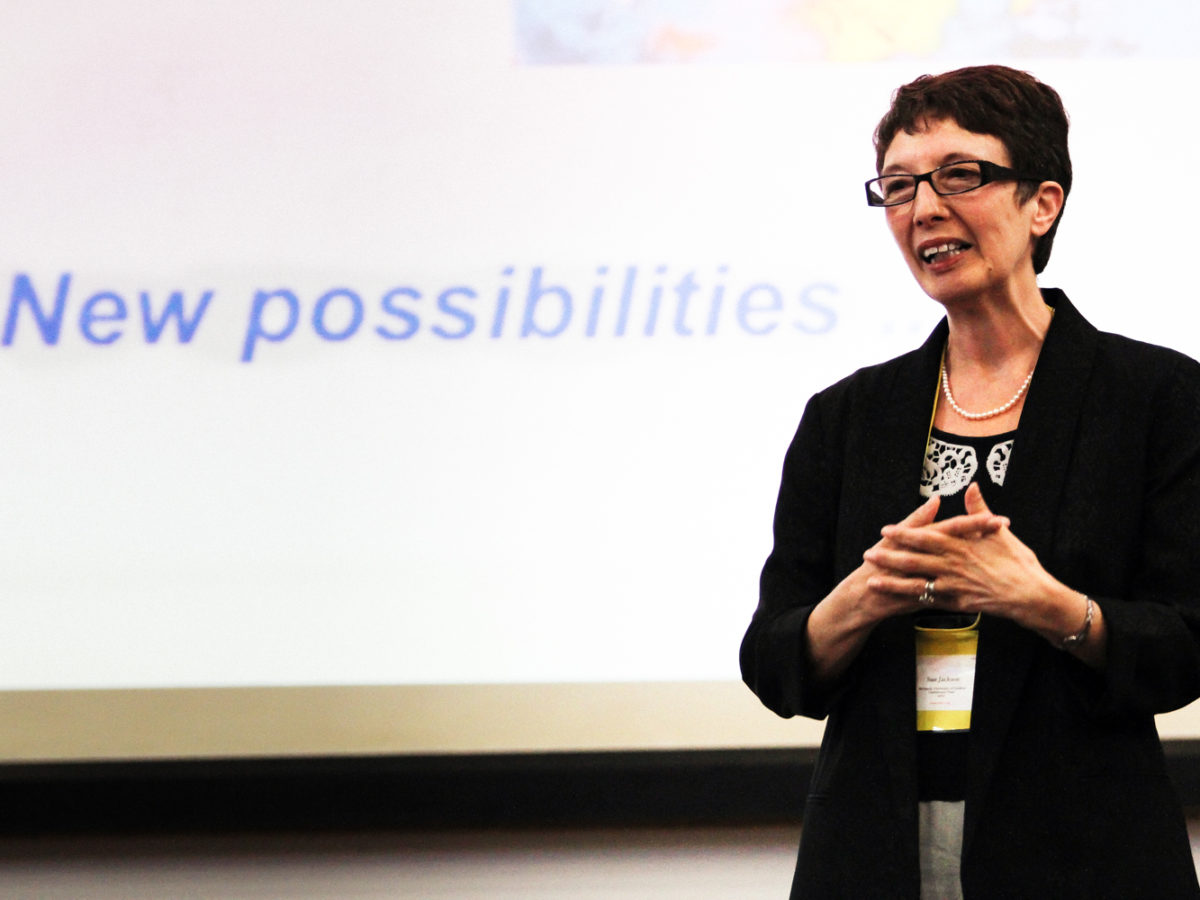Category: Education

Communication, Technology and Transparency in Times of COVID
This presentation from ACCS/ACAS2020 compares and contrasts responses to the COVID-19 pandemic from several national contexts, and looks at questions of privacy and freedoms in the context of lockdowns, and the conflicting roles of technology to both free and constrain.

Numeratives in Japanese: How speakers perceive things when they count
In this ACSS2020 Keynote Presentation, Dr Asako Iida will show the cognitive frameworks which are filtering the morphological application of numeratives in Japanese, and consider the cultural backgrounds affecting them.

Embracing the Power of Difference as an Elementary Idea
“This presentation uses the context of post-experience management learning in a European Business School to illustrate some of the problems and pitfalls of difference, as well as the tremendous potential of an awareness of its true nature.”

Making Communicative Teaching Viable through “Bottom-up” Task-based Assessment
This talk will introduce a new task-based assessment tool designed for the classroom. If successful, this has the potential to both inform and transform communicative language teaching in Asian contexts and beyond.

From South East Asian Classrooms to the Middle of the North Pacific!
Speaking at ACEID2020, Lowell Sheppard talks about his planned voyage to the Great Pacific Garbage Patch and announces the Pacific Solo Learning Project.

Teaching Online through Podcasting
“The purpose of this workshop is to highlight the benefits of podcasting in higher education. Participants in this workshop will discover the benefits of podcasting. The ease of creating one’s own podcast will be demonstrated step by step.”

Educating Children in Vulnerable Communities
“How do we ensure that all children are receiving the same level of quality education, especially in situations of vulnerable students?”
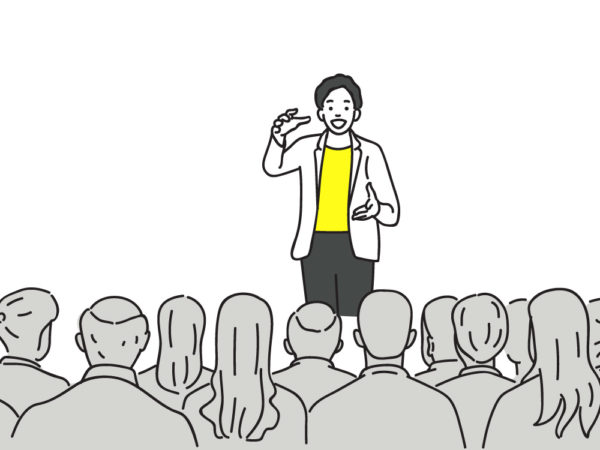
Engage to Inspire: Education, Civic Engagement and Social Change
In this Keynote Presentation, Sarajean Rossitto will highlight specific cases of learning programs that represent her commitment to empowering people to take initiative, and developing future leaders to come up with new solutions.

WHO’s Role in Emergency 21st Century Challenges
In this ACEID2020 Keynote Presentation, Dr Ryoma Kayano from the World Health Organisation (WHO) Centre for Health Development in Kobe, Japan, will discuss the WHO’s role in emergency 21st century challenges.

Publishing Snakes and Ladders: Navigating a Path to Publication
In this workshop, using the IAFOR Journal of Education as an example whilst also referring to journals more generally, you will be taken through a number of aspects of presenting your work for publication.
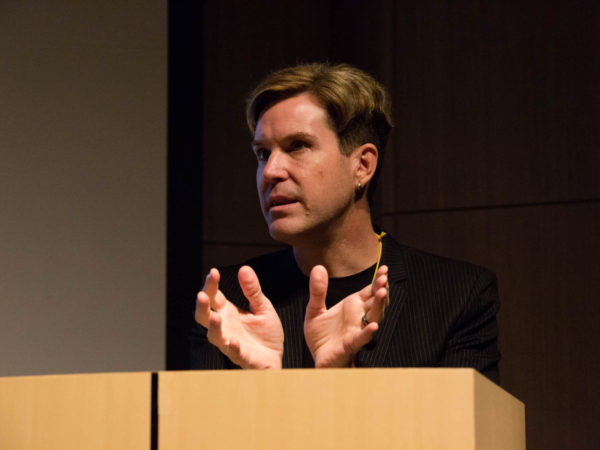
Beyond web 2.0: Designing authentic mobile learning for everyday contexts in Asia
In this Keynote, Professor Mark Pegrum illustrates the potential of mobile augmented reality (AR) language and literacy learning projects, with particular focus on recent gamified learning trails in Asia.
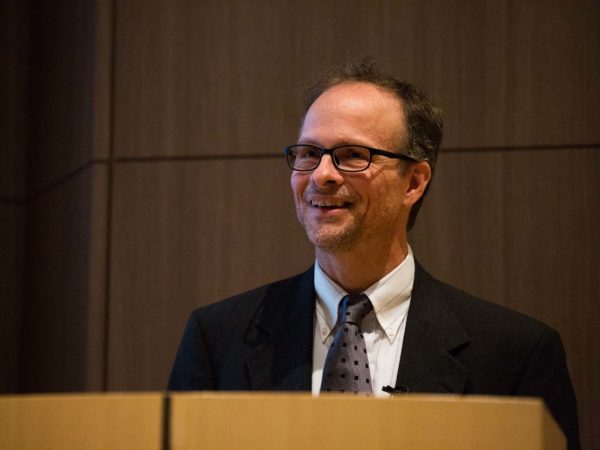
Is the untrained NS teacher worth even less than we thought?: NS teacher endorsement of folk beliefs in EFL education
In this presentation, Dr Charles Allen Brown discusses how his own multi-year ethnographic fieldwork examining ground-level practices of English education in Japan and Taiwan indicates that the untrained NS teacher may be even less valuable than is commonly assumed.
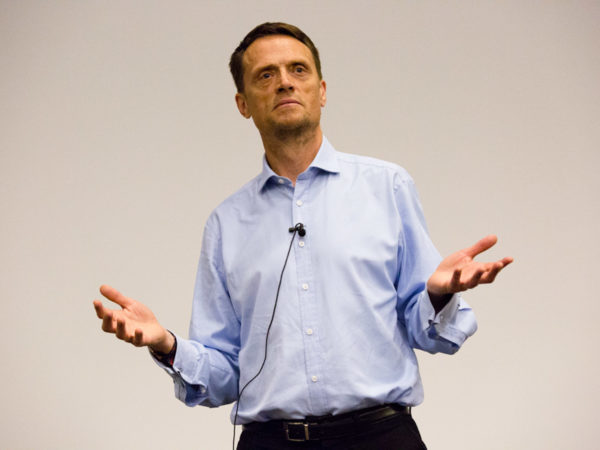
Think Like a System, Act Like an Entrepreneur
“Most attempts at social change attempting shifts in people’s behaviours or attitudes fail. There are systematic reasons for this. A more effective strategy may combine two very different ways of thinking, the systemic and the opportunistic.”
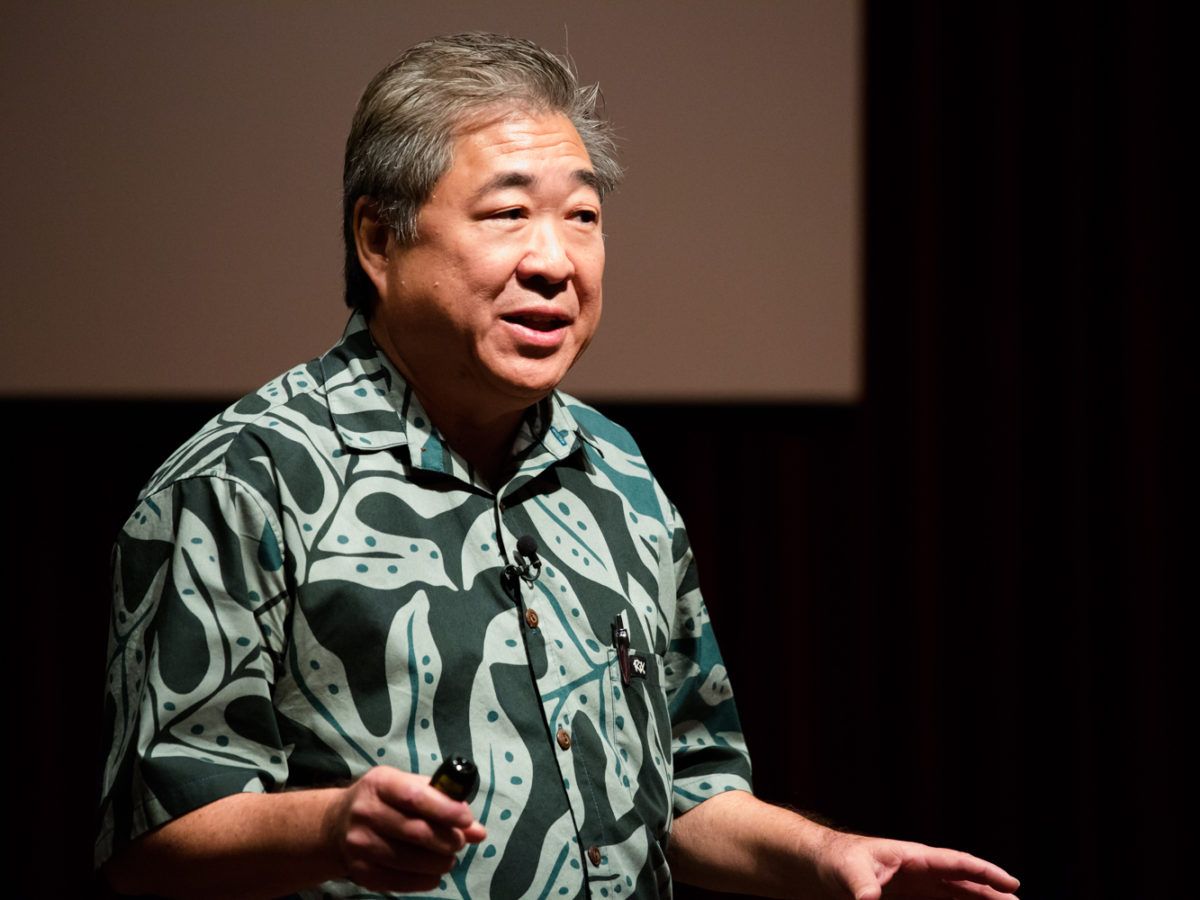
Emerging Technology – The Learner Awakens
Professor Curtis Ho of the University of Hawai’i at Manoa explores how students use multiple tools, including gaming, robotics and virtual learning environments, for both formal and informal learning.
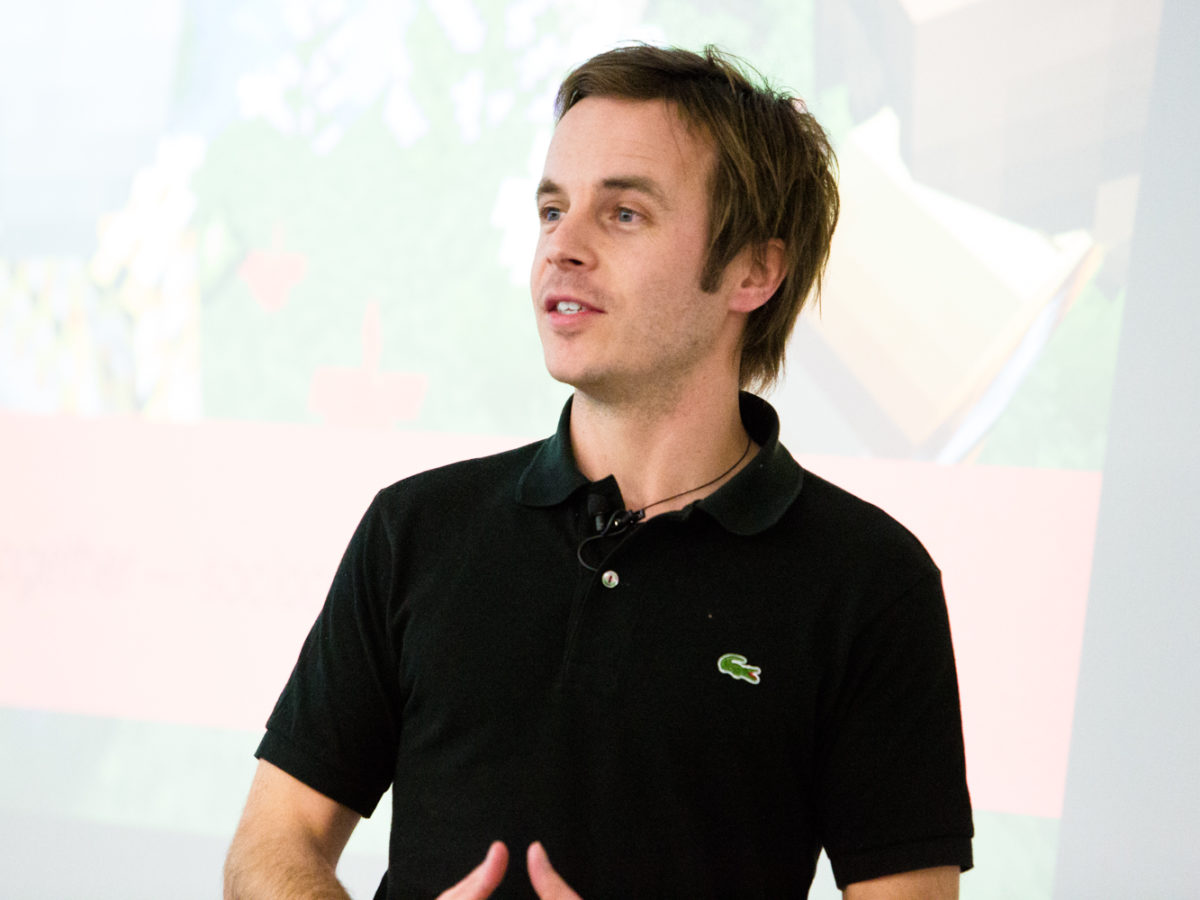
Kotoba Miners – Gaming and Language Learning
James York discusses his Kotoba Miners project which brings together English-language and Japanese-language learners in a cooperative virtual language learning environment.
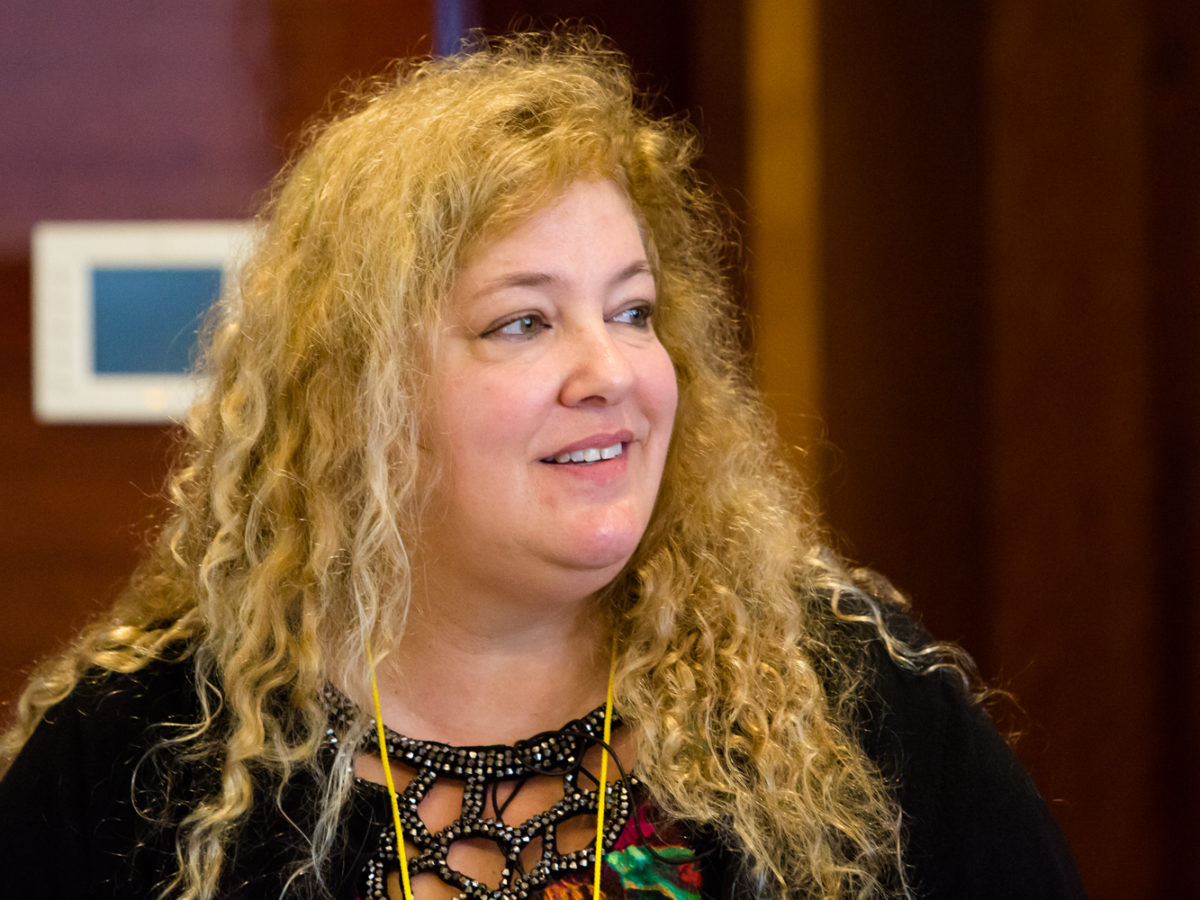
Best Practice in ELT: 10 Traits of a Highly Effective Teacher
Dr Christine Coombe of Dubai Men’s College explores the 10 characteristics that she finds essential for success in the classroom and in educational institutions.
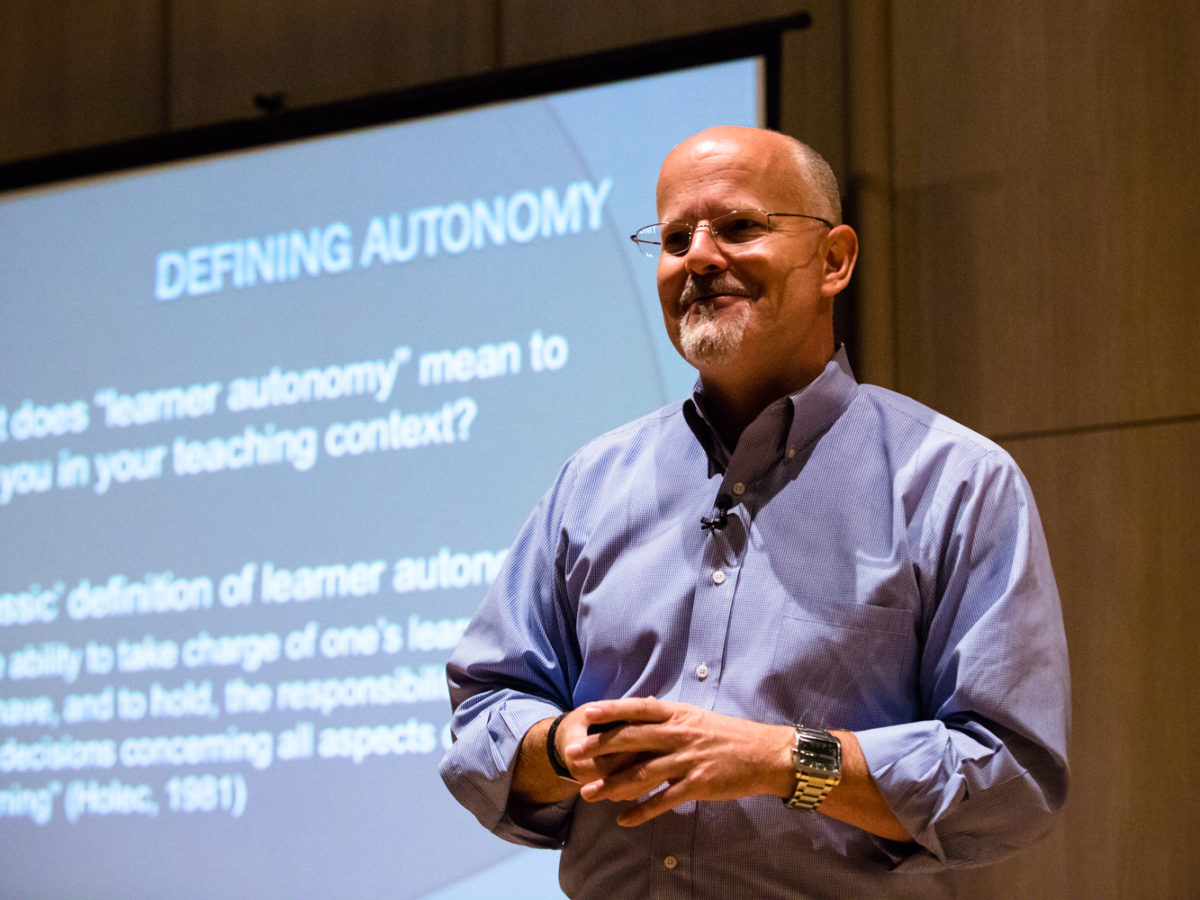
JALT, International Programs and Learner Autonomy
IAFOR International Director of Programme for Language Learning, Professor Steve Cornwell interviews Dr Richmond Stroupe about his work with JALT and Learner Autonomy.
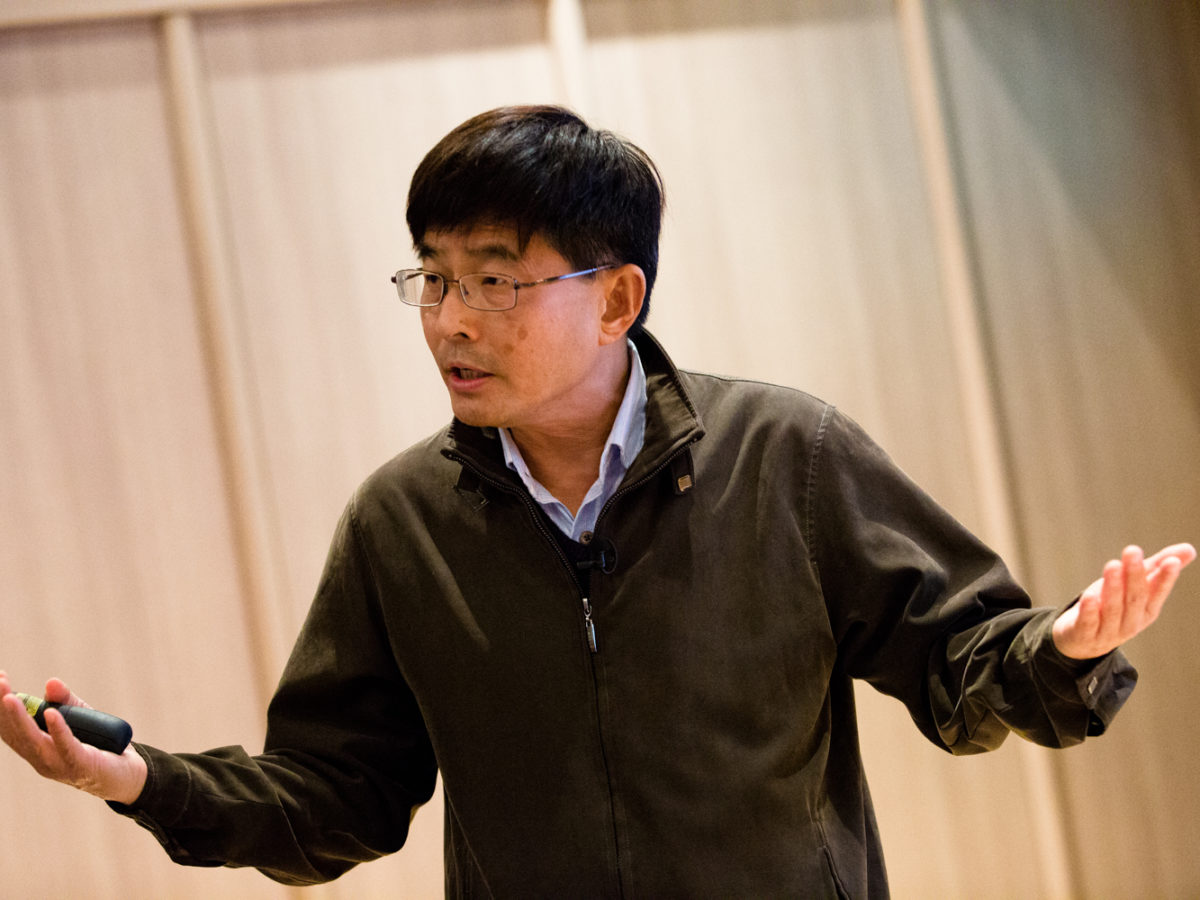
Public Policy, Interdisciplinarity and Arts-Activism
IAFOR President, Dr Joseph Haldane, discusses Public Policy, Interdisciplinarity and Arts-Activism with Tan Tarn How of the National University of Singapore.
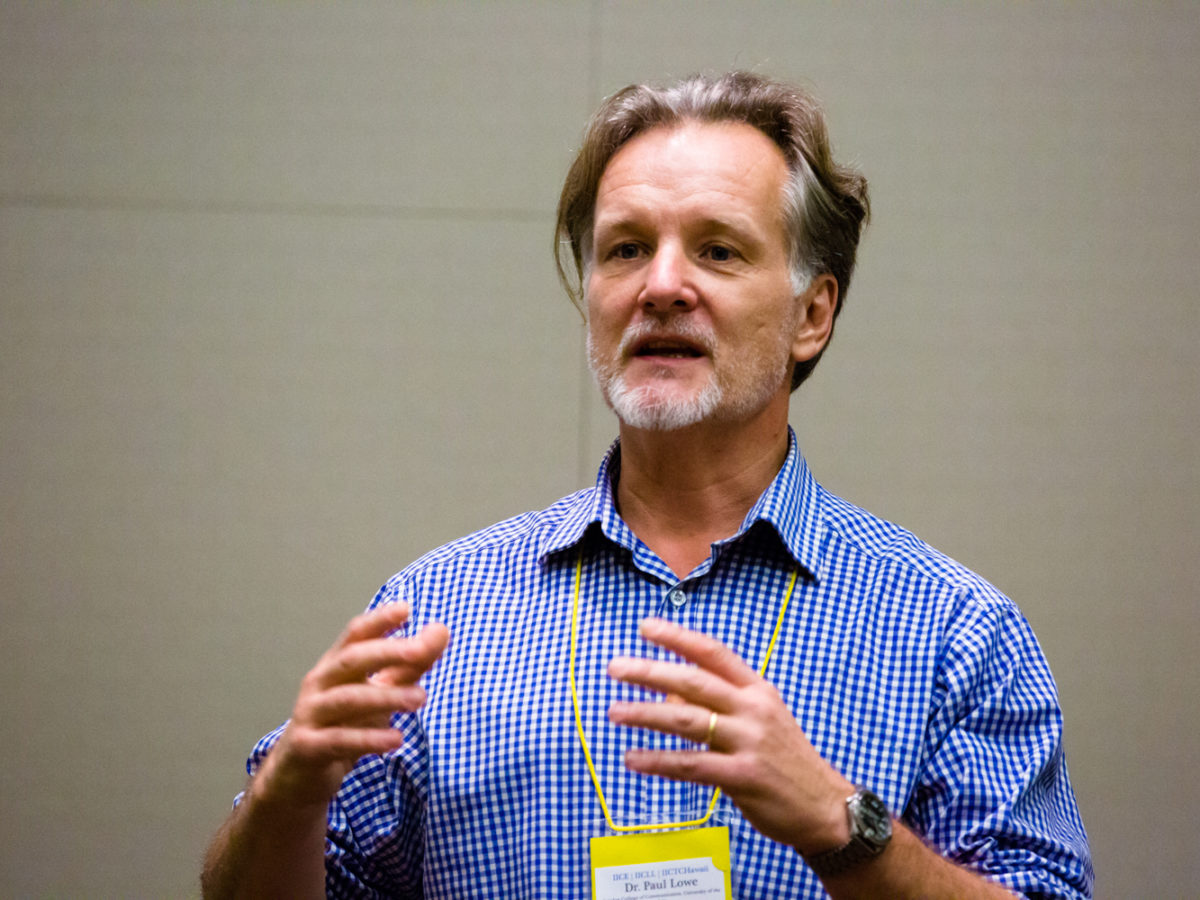
Learning Strategies in Practice-based Courses
Professor Steve Cornwell interviews IAFOR Keynote Speaker and award-winning photographer Dr Paul Lowe of the University of the Arts London.
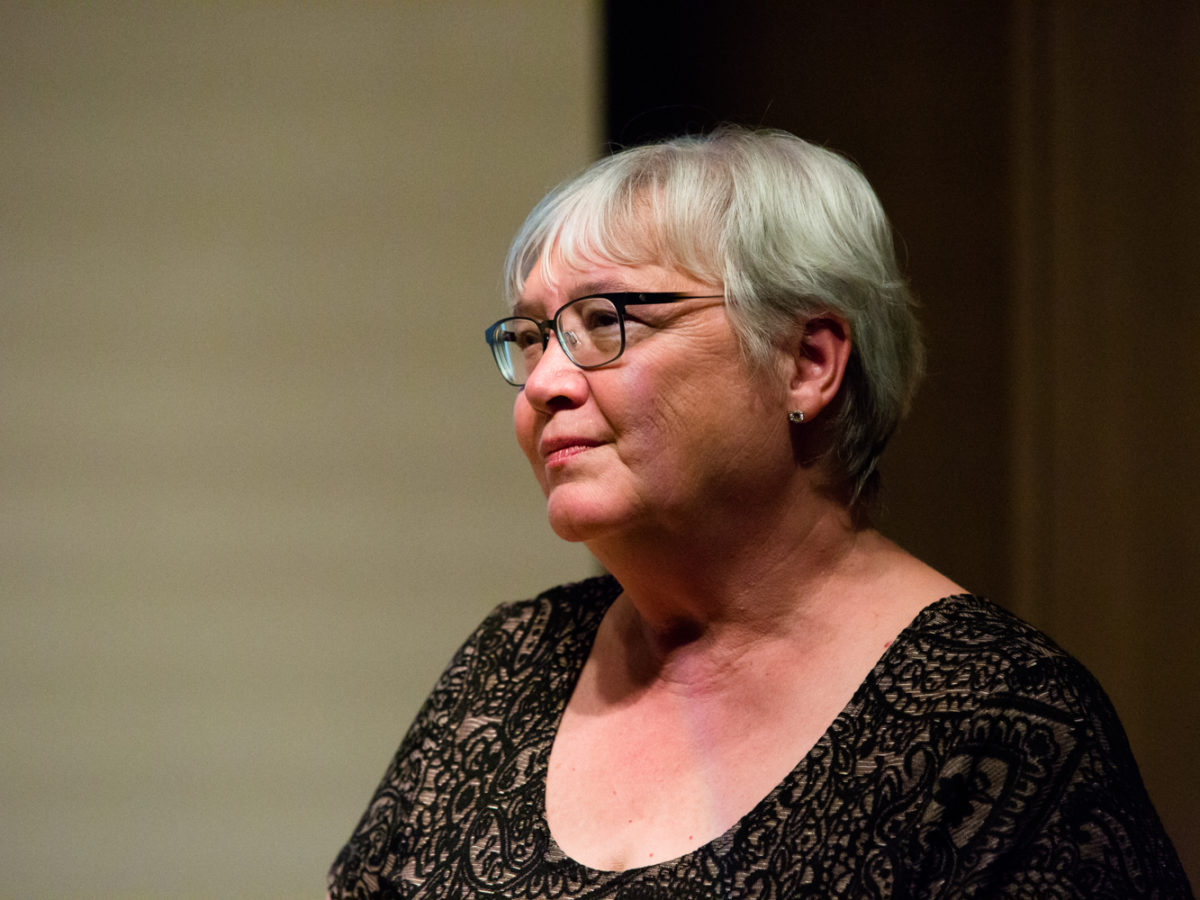
Empowering Learners and the Power of Words
In this follow-up interview to her Featured Presentation at The Asian Conference on Education 2015 (ACE2015) Dr Yvonne Masters sits down with ACE2015 Conference Chair, Professor Sue Jackson, to discuss learner empowerment.
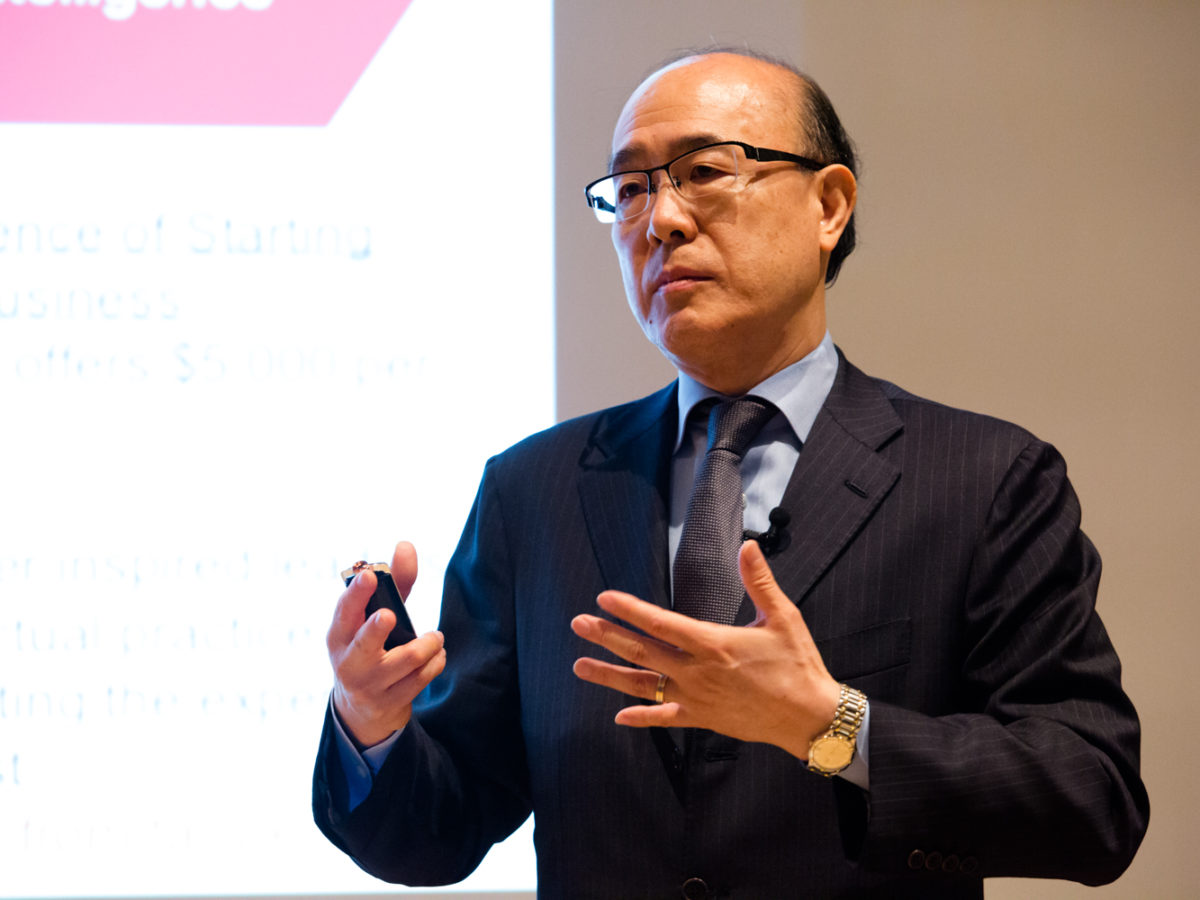
The Changing Focus of MBA Programs in America: Leadership Education at Harvard Business School
Nobuo Sato, Executive Director of the HBS Japan Research Center in Tokyo, examines the changes taking place in HBS MBA leadership education over a 15 year period, and the shifting focus of MBA programs in the US.
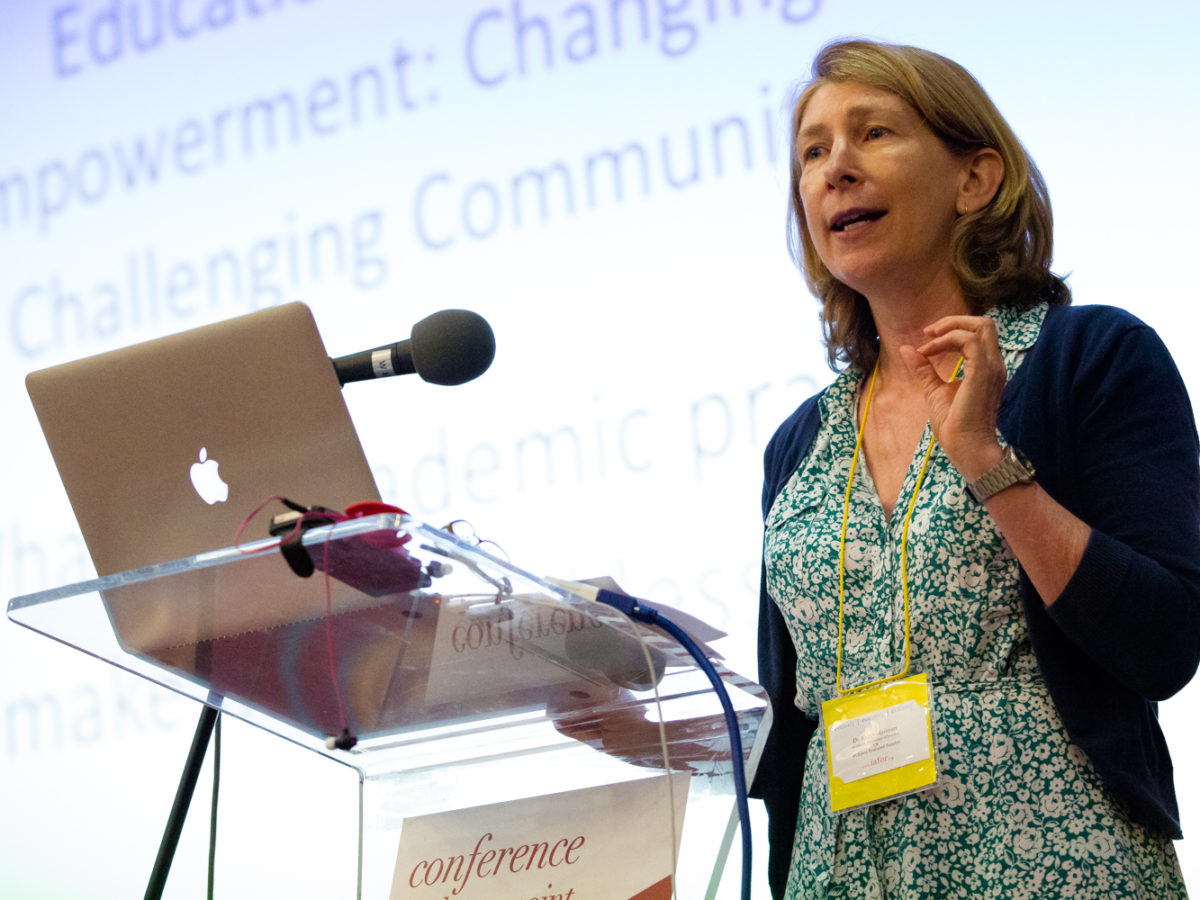
Challenging Practices – Imagining Spaces of Empowerment and Participation
How can education contribute to greater equality, and how we can begin to imagine more democratic and empowering spaces in education?
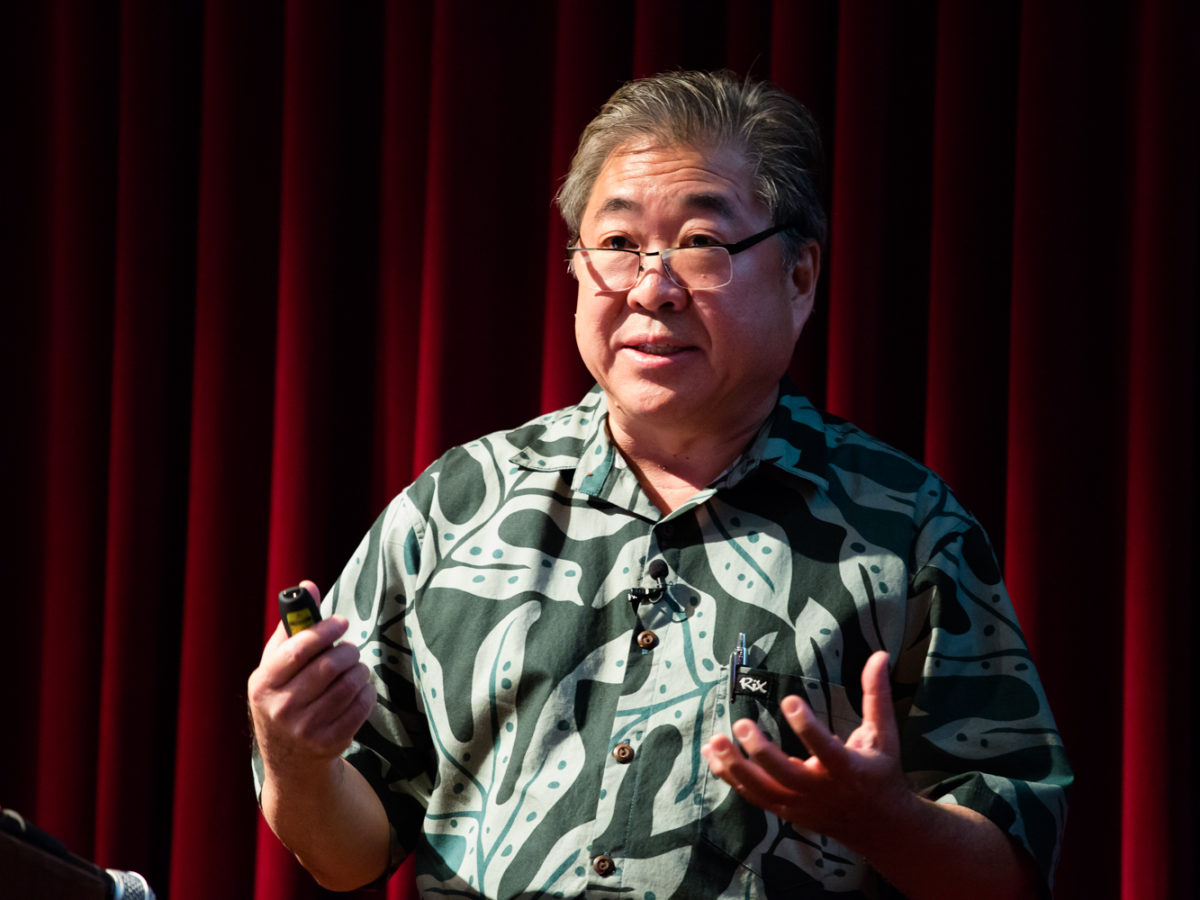
Content Creation and Technology in the Classroom
Professor Ted O’Neill sits down with Professor Curtis Ho of University of Hawai’i at Manoa to discuss technology in the classroom, open educational resources and content creation.
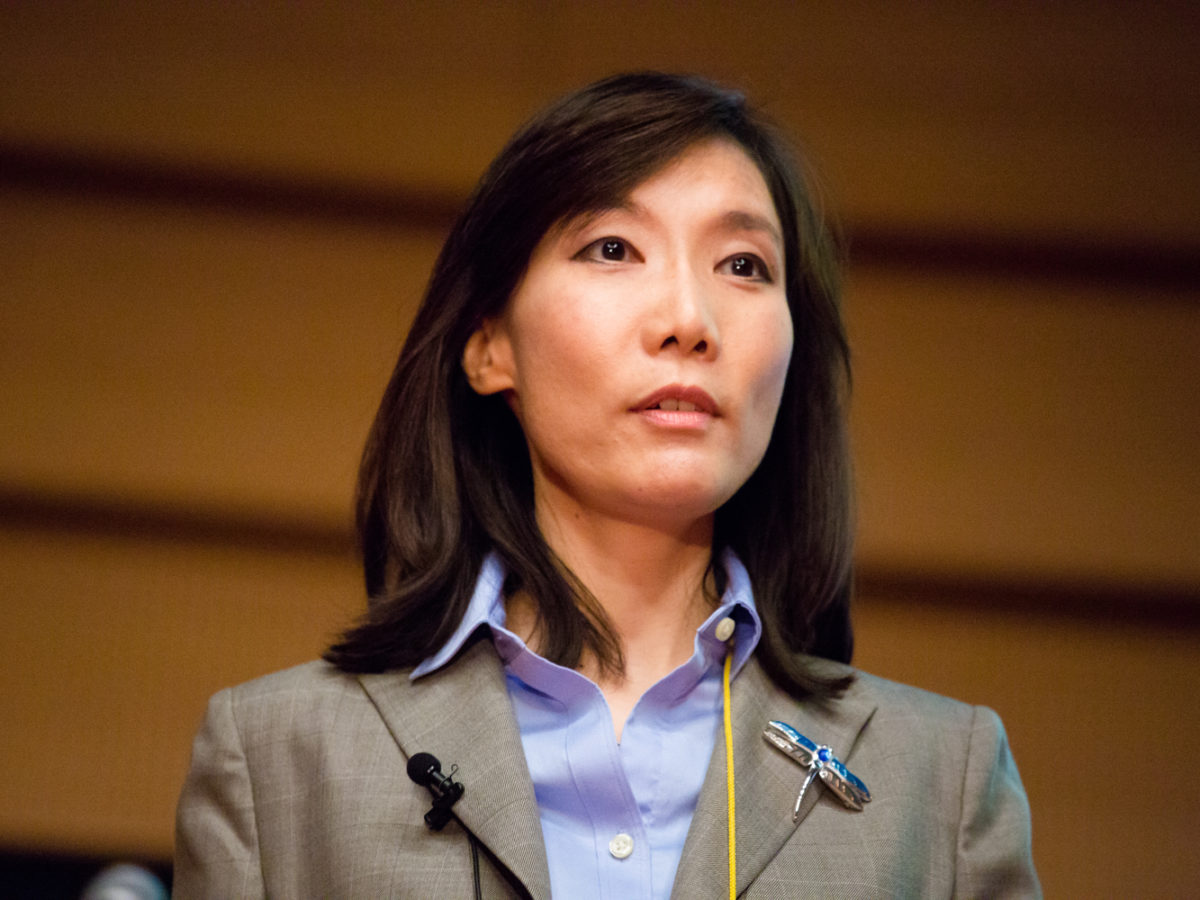
Context-Specific Motivational Beliefs: Determinants of Adolescent Learning & Self-Regulation
In this presentation, Professor Mimi Bong argues for the importance of context-specific motivational beliefs in the self-regulation and academic performance of adolescent learners.
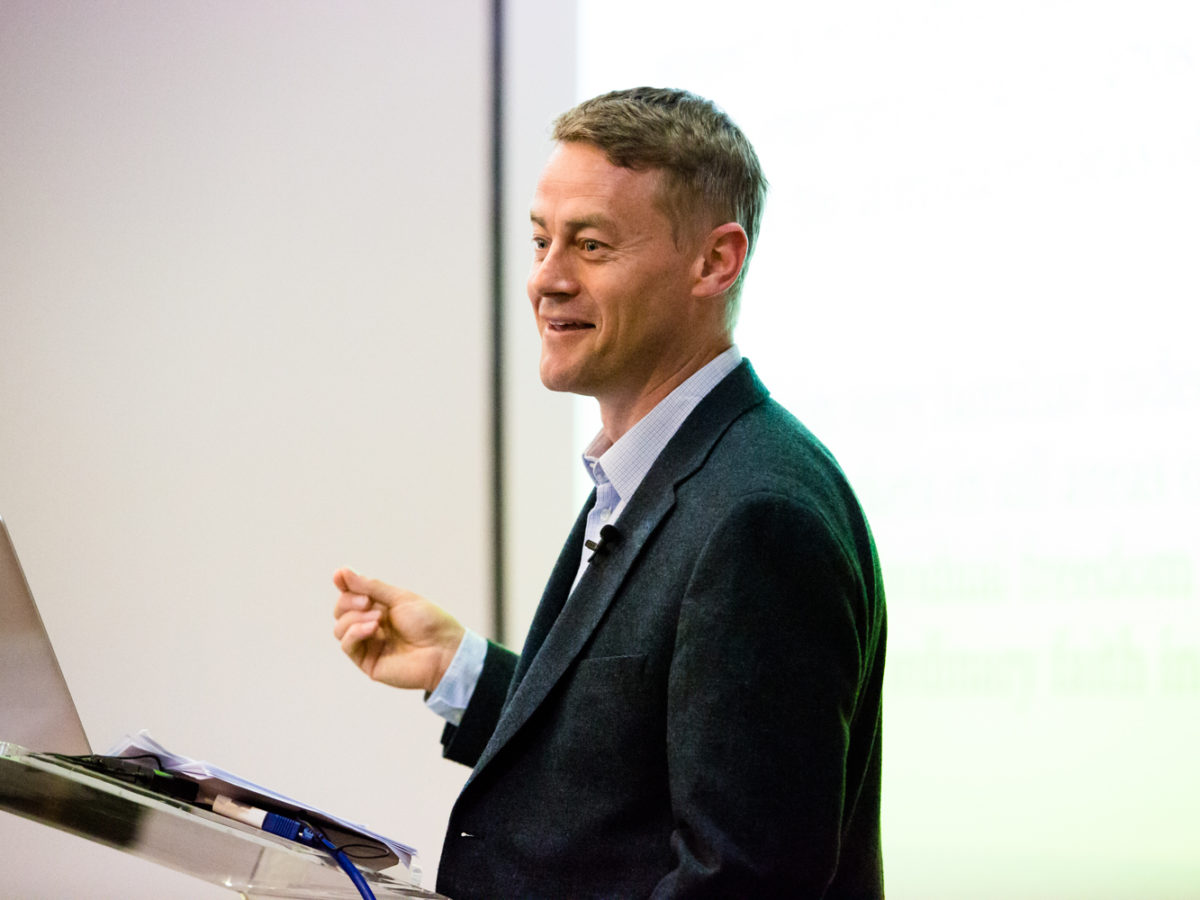
Come build in the empty house: Reimagining Democracy and Education in a Time of Change
Dr Fergal Finnegan makes the case that technological change and new political and cultural formations have opened up the possibility of novel and empowering forms of reflexive action.
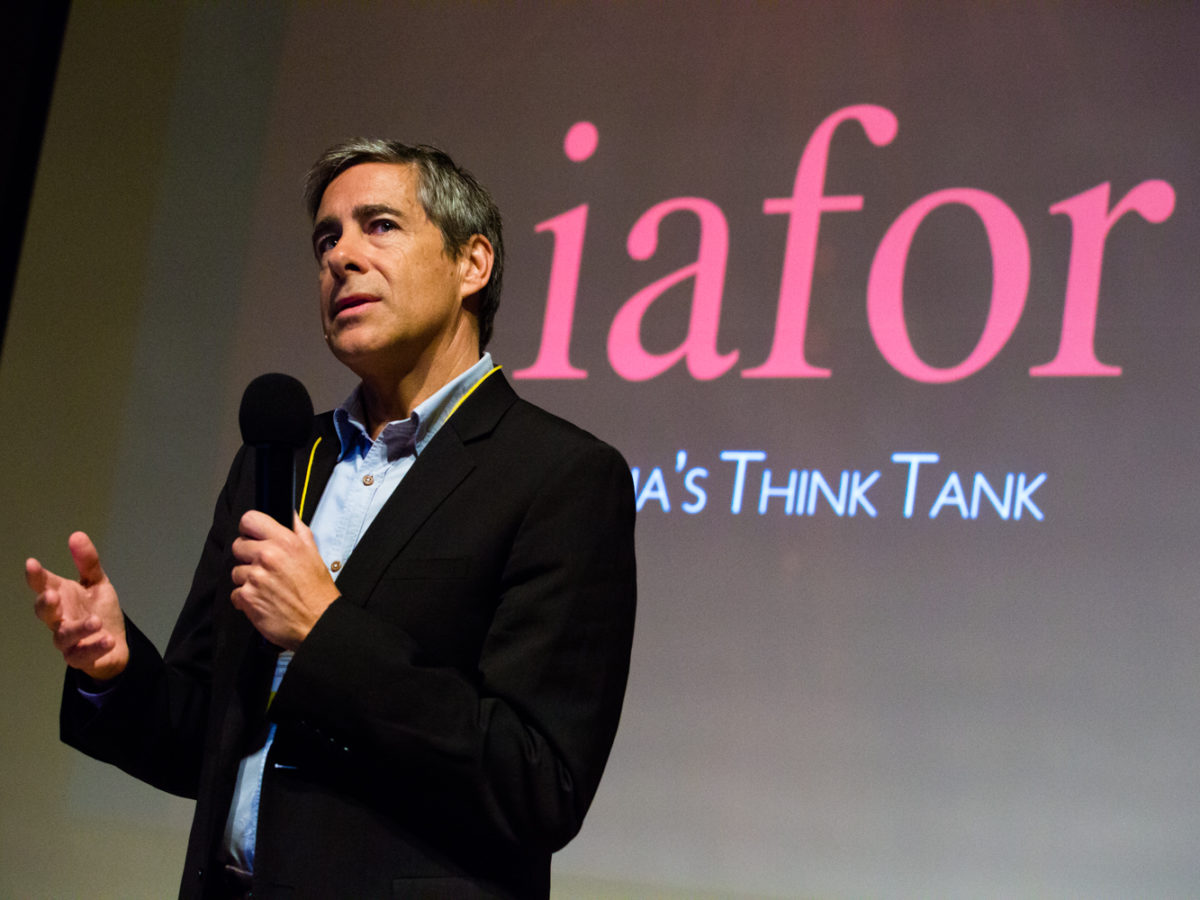
IAFOR – International, Intercultural, Interdisciplinary
The International Academic Forum (IAFOR) brings together influential academics and decision-makers from around the globe who have one thing in common: a desire to make a difference.
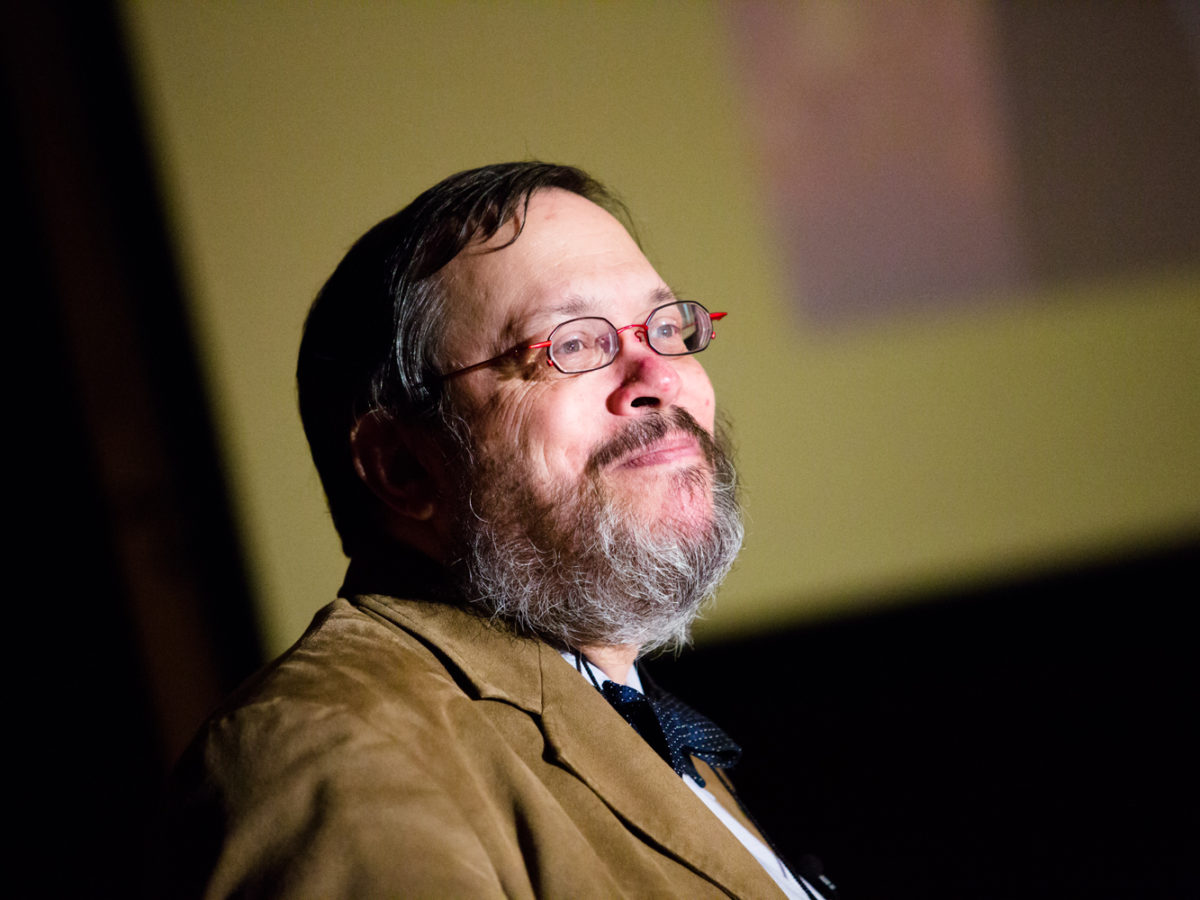
Teacher’s Challenges, Accomplishments & Recognition
How are teachers rewarded? What challenges do they face? Who are their role models? Professor Steve Cornwell discusses these issues at The Asian Conference on Language Learning 2014.
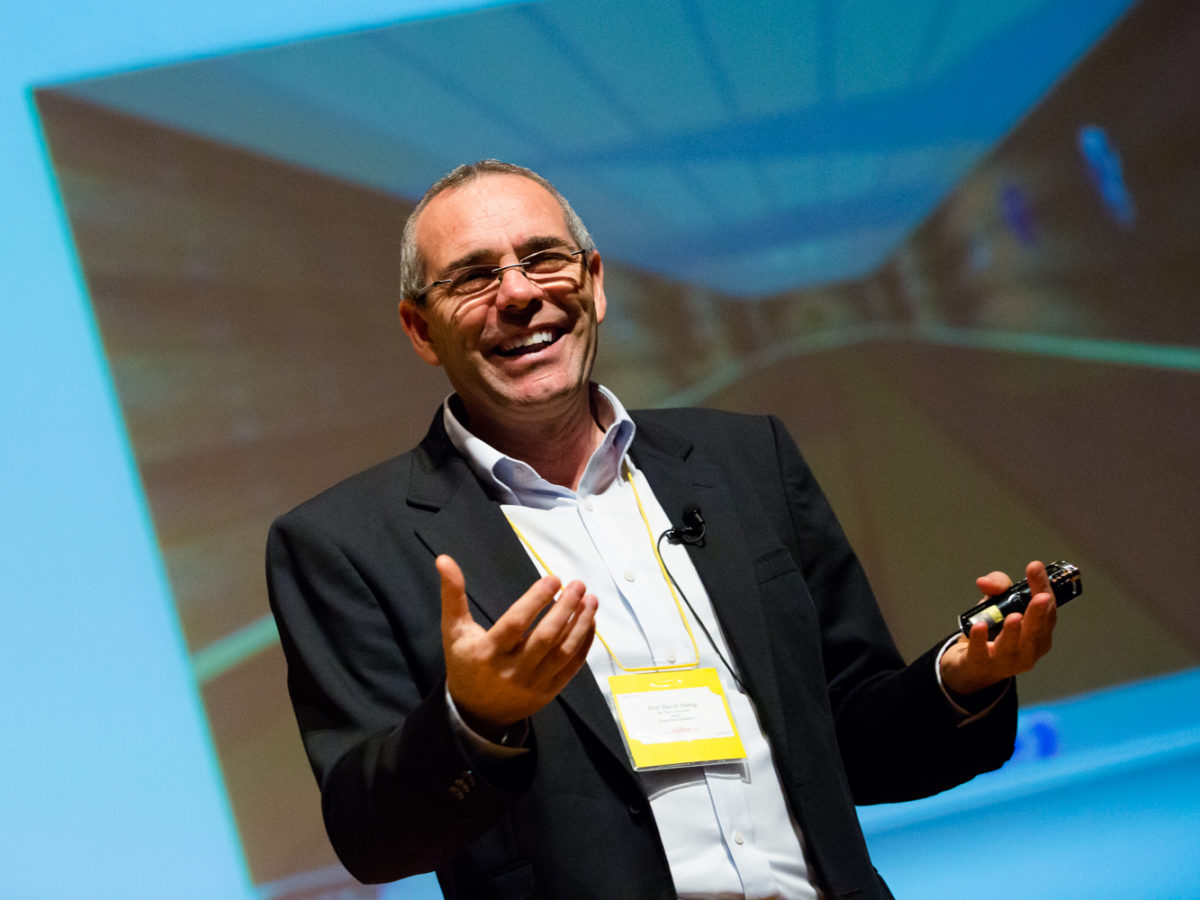
The Flynn Effect, Technology and the New Education Paradigm
Though the future may seem bleak, Professor David Passig remains optimistic and confident that human society will continue to evolve into something greater with the aid of future technologies.
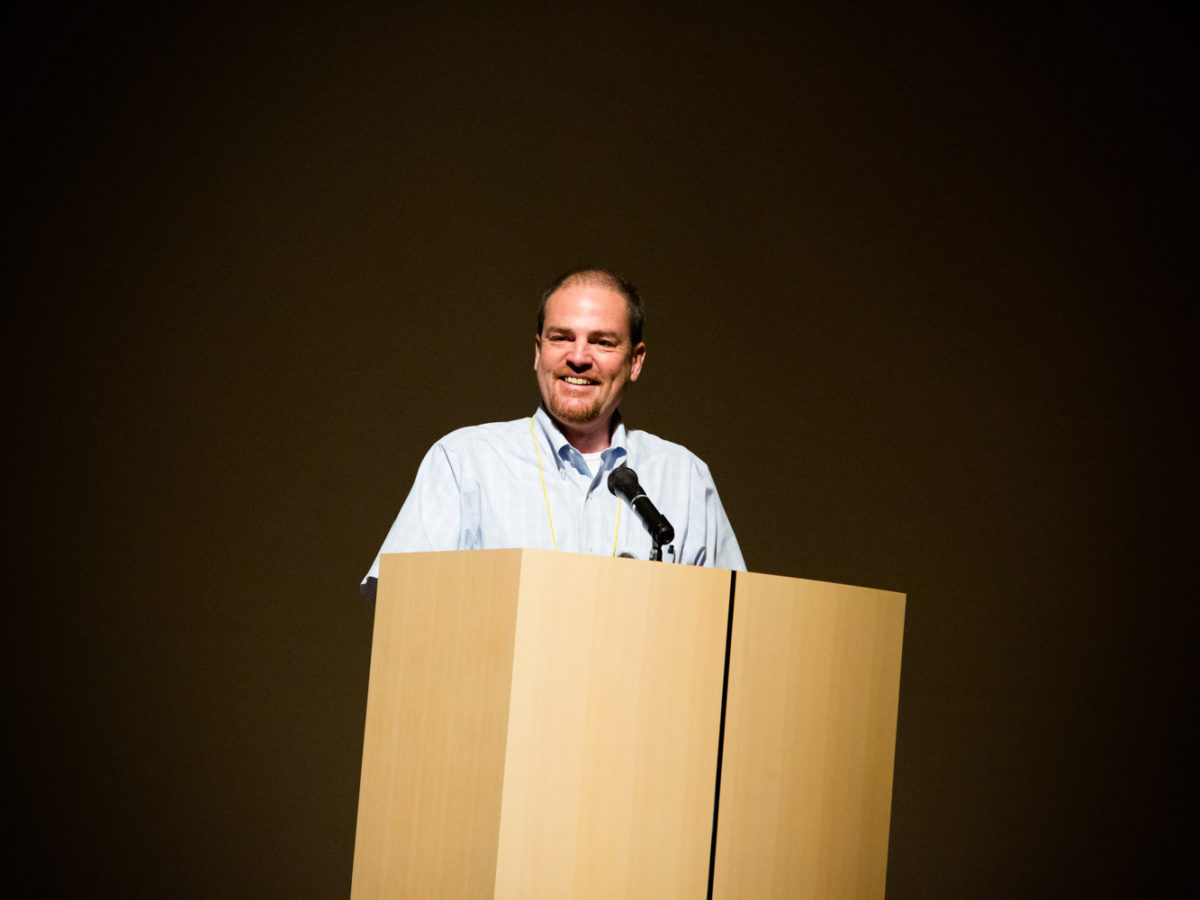
A Message from IAFOR Technology in the Classroom Conference Chair, Ted O’Neill
Professor Ted O’Neill explains how IAFOR’s conference programmes in technology and education encourage scholars and practitioners to reflect on both the positive and practical implementations of technology in teaching and research.

